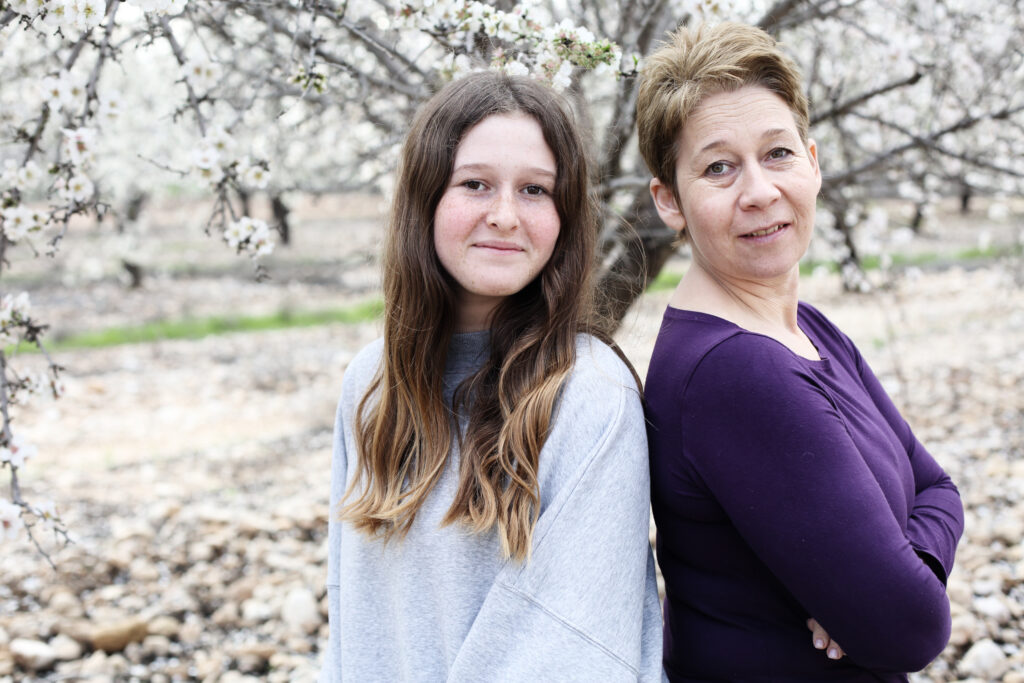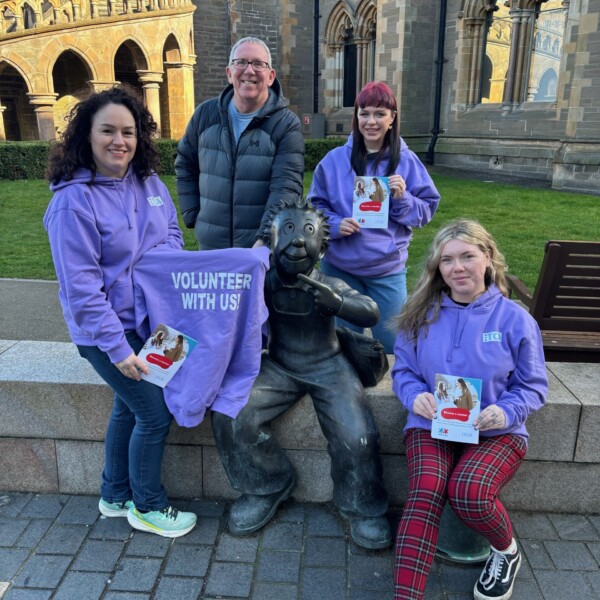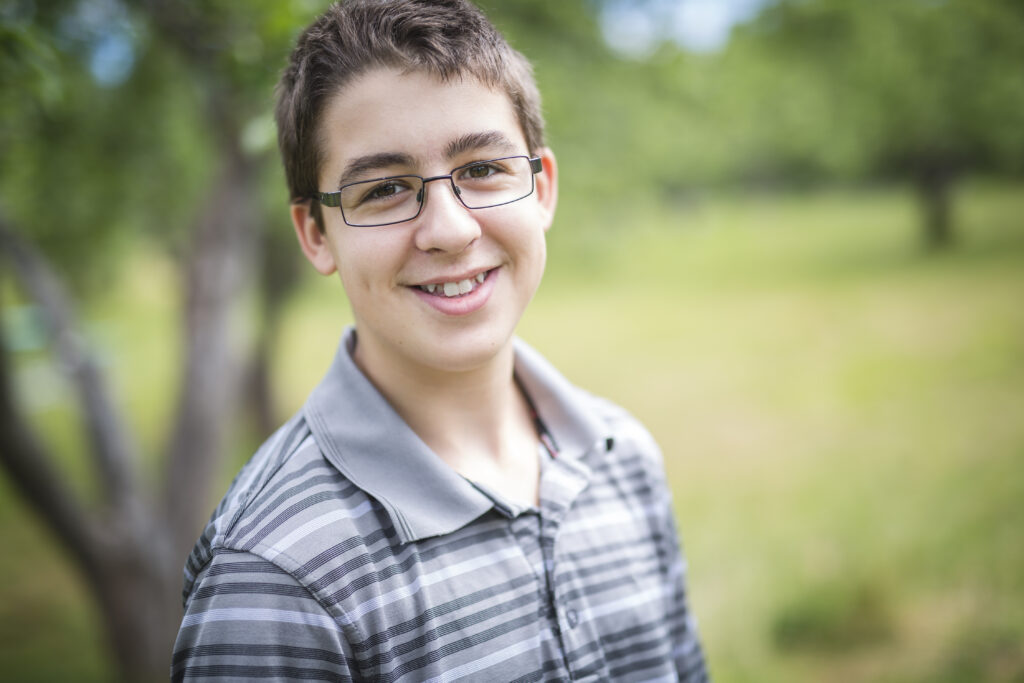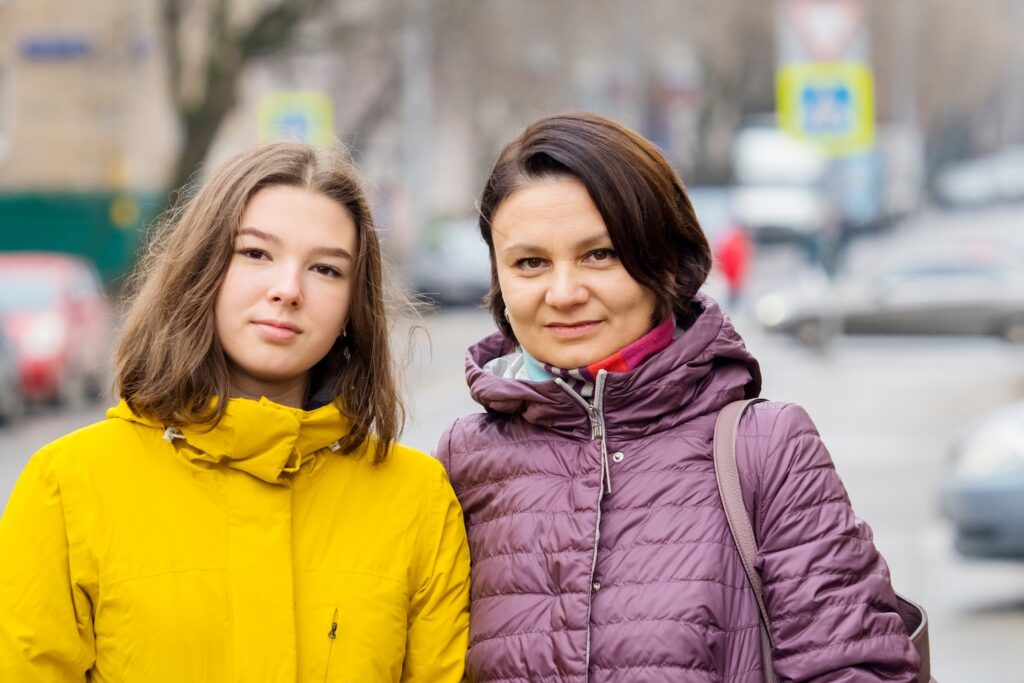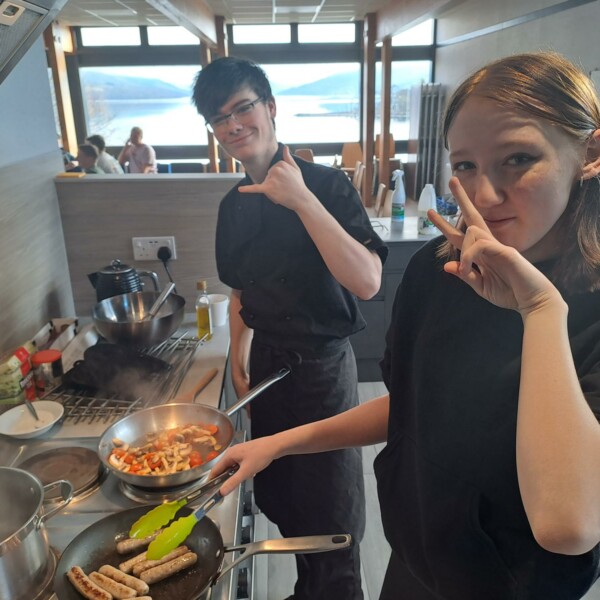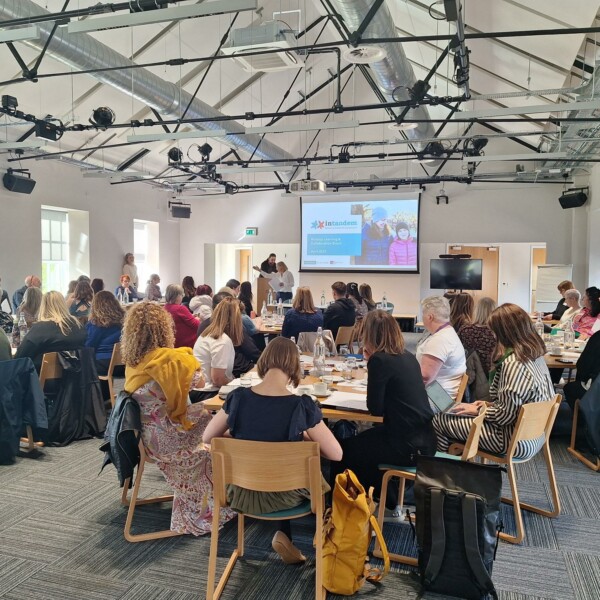News
Mentoring Matters: Why It’s Vital for Young People Experiencing the ‘Care System’
Mentoring is increasingly being recognised as a powerful form of early intervention, offering vital support to young people. Christine Roxburgh, Fund Manager for intandem — a mentoring programme for young people experiencing Scotland’s care system and proudly delivered by Inspiring Scotland — shares her recent reflections and highlights why mentoring really matters. Recent high-profile programmes…
Read Moreintandem launches in Dundee: Volunteers needed for new one-of-a-kind mentoring programme for kinship families
Dundee charity TCA are on the lookout for volunteer mentors for a brand new intandem mentoring programme to support children and young people living with close family or friends in kinship care in Dundee. The one-of-a kind intandem family mentoring programme pairs volunteer mentors with children and young people aged 7-15 living in kinship arrangements, who meet…
Read MoreDeveloping a Universal Definition of ‘Care Experience’: An Opportunity to Address the Imbalance of Support
The Scottish Government’s recent public consultation on Developing a Universal Definition of ‘Care Experience’ presents a critical opportunity to address the imbalance of support available to those experiencing the ‘care system.’ intandem, Scotland’s mentoring programme for young people in, or at risk of experiencing the ‘care system’, is well positioned to gather valuable insights from…
Read MoreChildren’s Hearings Redesign consultation: the importance of trusted relationships
The children’s hearings system is familiar to the young people mentored by intandem and their families. When the Scottish Government invited views on the proposed redesign of Scotland’s children’s hearings system, we felt it was essential to share their voices. Like mentoring, we found that redesigning the system to prioritise trusted relationships was essential to…
Read MoreMoving on from Care Into Adulthood consultation: Gathering the voices of people with lived care experience
The Scottish Government recently invited views on the support needed by young people leaving care and entering adulthood as part of the ’Moving On’ From Care Into Adulthood public consultation. As Scotland’s mentoring programme for children and young people with experience of care, we are in a unique position to gather insights from those with lived experience. We…
Read MoreKinship Learning and Collaboration
We recently brought together organisations to host an event looking at where kinship care currently is in Scotland and where it needs to be to support young people and their wider families to thrive. The kinship care landscape in Scotland “We need to do more for kinship carers and children” Since 2016, Inspiring Scotland…
Read More

